
Up Your Guitar Game with These 10 Simple Pointers
Timing is Everything
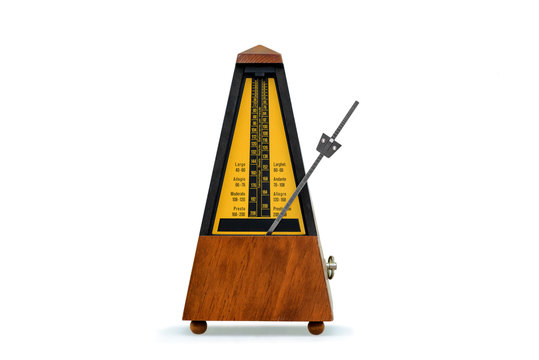
Don’t develop a metronomophobia! Become friends with your metronome. There is a direct correlation between how good you are sounding, and how much time you have spent with a metronome. More metronome = better guitar playing. Period.
Learn Technical Skills From Drills
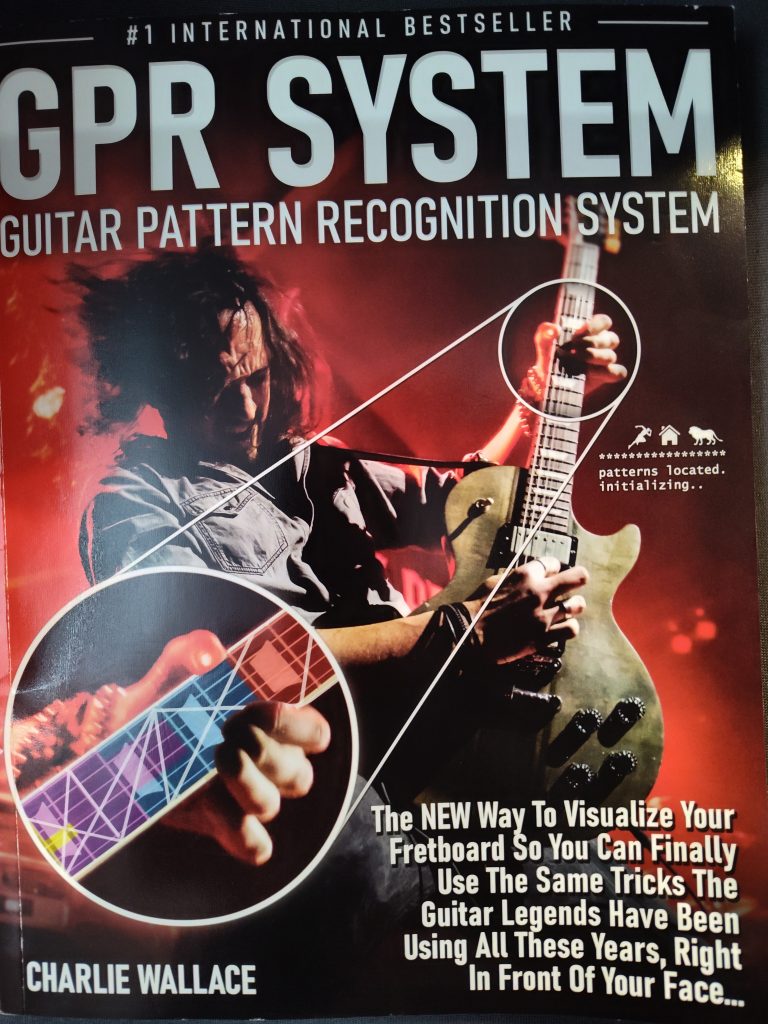
Guitar is a very physical instrument – more so than many other instruments. There is a lot of strength, endurance, and muscle memory involved. With such a physical instrument, working on exercises allows you to gain tons of skills. Of course, if all you play are exercises, you’ll gain physical ability, but you won’t automatically sound like Jimi! So, make sure you’re still learning your favorite songs! And most importantly, have fun!
Study Scales Until You Can SEE and HEAR Them

Scales are extremely visual on the guitar. Practice whatever scale you are working on until you can SEE the entire scale in your mind. The other important thing with scales is to practice improvising to backing tracks. That will teach your ears to hear the scales in a musical context.
Make a Setlist… Jam It Over and Over
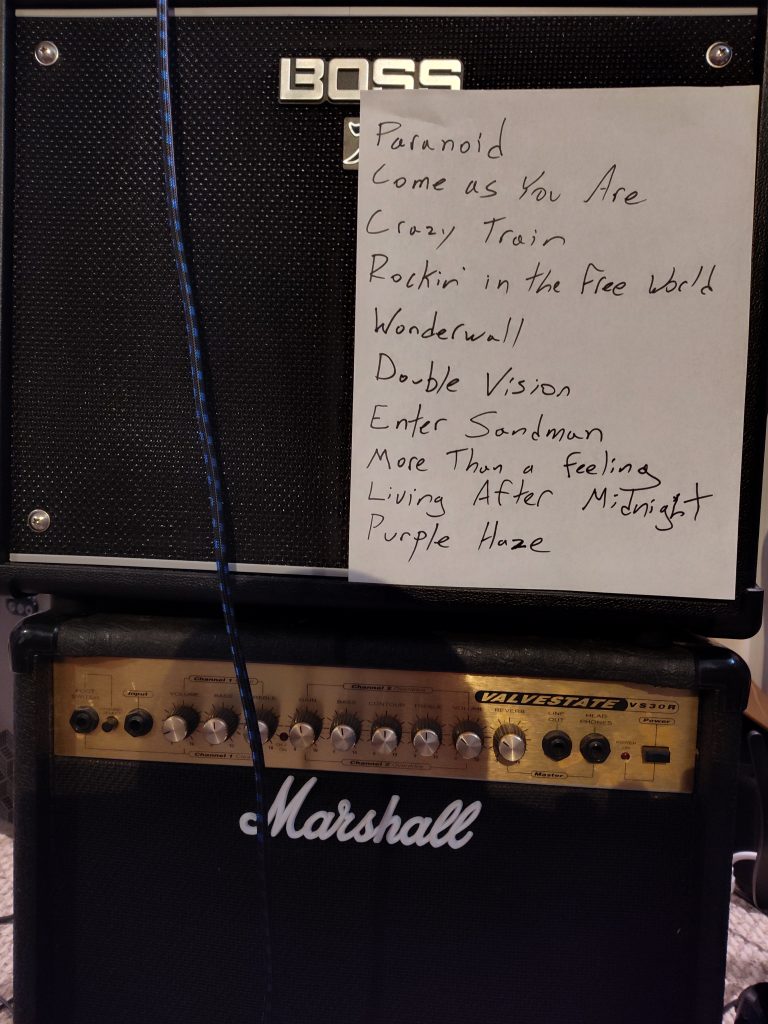
Setlists aren’t just for rock stars. Any guitar players can benefit from building their own setlists. While learning new songs is important, you can’t just play a song a few times, then move on. Work on a song until you have it memorized and can play it along to the original recording. Then, keep playing it over and over every day! Learn a second song while you continue to “jam” the first song. Master the second song. Now you have two songs in your setlist. Keep repeating this process until you have five to ten songs you can play like a pro. Every time you sit down to practice, run through the setlist, and it will be a fun part of your practice regimen.
Don’t Compare Yourself to Other Guitarists
Eleanor Roosevelt once said, “Comparison is the death of joy.” Comparing yourself to other guitarists only leads to pain. The only comparison that is beneficial is to compare yesterday’s you to today’s you! Set up a guitar competition between who you were yesterday, and who you are today, and always strive for gradual improvement.
After you Learn Your Favorite Songs, Study Them
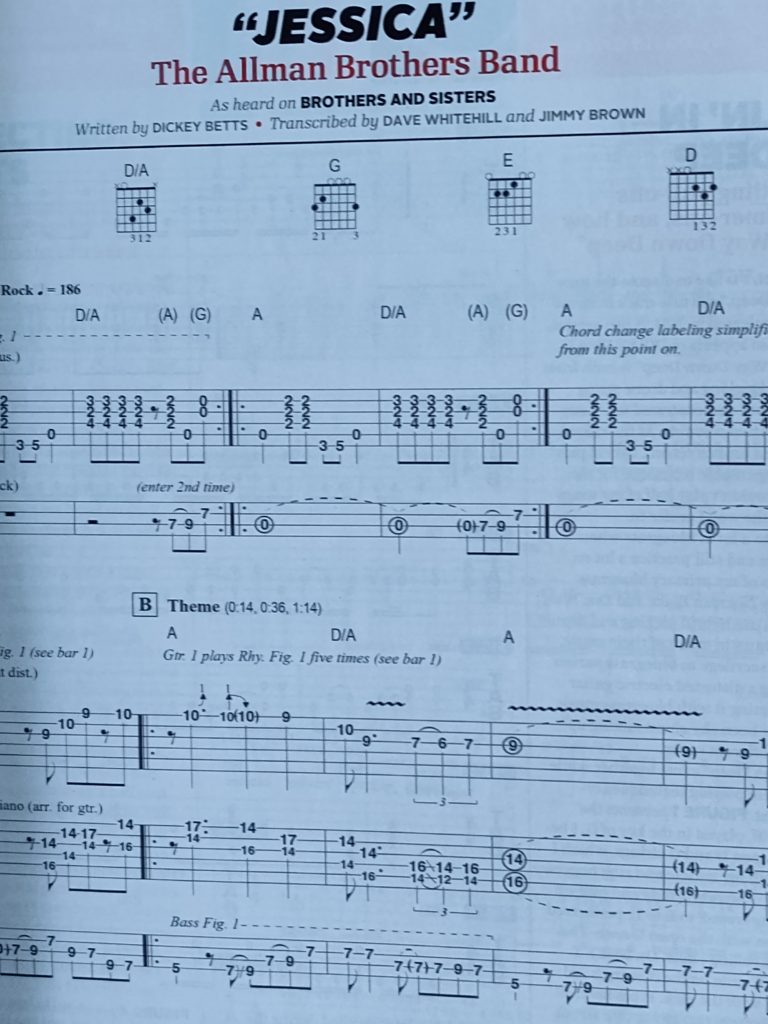
After you can play it, tear apart your favorite song. Look at all the basic elements that make the song great. What key is it in? What scale patterns are being used for the riffs and solos? What is the chord progression? Theory is best understood when you are applying it to songs you actually play and enjoy.
Balance How Much Time You Practice Rhythm and Lead Guitar
Strive to be a well-rounded guitarist. There is nothing more annoying to band members than a guitarist that can only solo. For better or worse, the ’80s are over, and guitar solos don’t hold the cache they once did. You need to be able to lay it down on rhythm guitar and have fun breaking into a solo! Conversely, if you’re the kind of player that only works on rhythm guitar you need to learn how to break into a lead when the song you’re playing calls for it.
Start Tuning Your Guitar by Ear
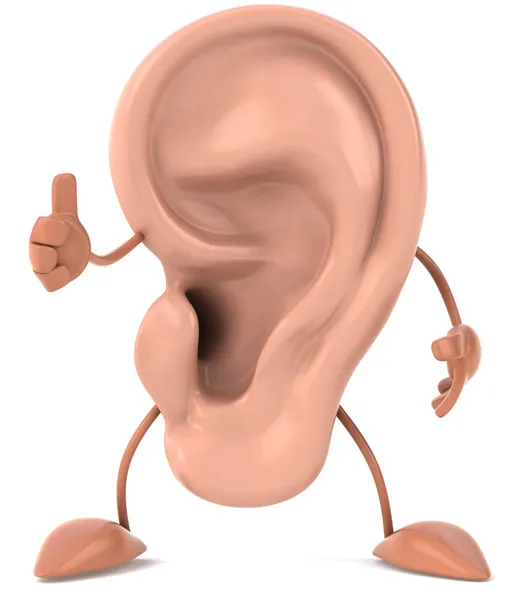
Ear training is something that most guitarists don’t work on, even though it’s an essential skill for being a good musician. Start by learning to tune your guitar by ear. Give it a shot and then strum a chord. If it doesn’t sound right, pull out your electronic tuner and fix it. This simple activity might add two minutes to the beginning of your practice session, but your ears will become more attuned with time. After a while, you won’t even need to make any corrections with the tuner. Like anything on the guitar, there are established methods. If you haven’t tried tuning by ear before, try starting out with the fifth fret tuning method.
Master The Art of Repetition
Good music always has an element of repetition to it, so try to make repetition a central part of how you approach guitar playing. Say you are jamming on some open chords after a long day, and you find a few that sound good together. Get into the habit of looping them over and over in the same order. Experiment with the rhythm and timing. Don’t be afraid of overdoing it. Your brain may try to betray you and pull you in another direction. Fight through this distraction and keep repeating those same open chords. Repetition can make good riffs sound better, and by playing them over and over, you can master the skill and develop an appreciation for the sound.
Give Yourself as Many Reasons to Practice as Possible
Set your life up so that not practicing is simply not an option. Here’s a few methods that have worked for me:
- Join a band: You’ll have to learn songs (or else look like a fool at rehearsals). You’ll also have to prepare for gigs, which will require practice because practice makes perfect.
- Get lessons: Someone ELSE will hold you accountable for your guitar playing.

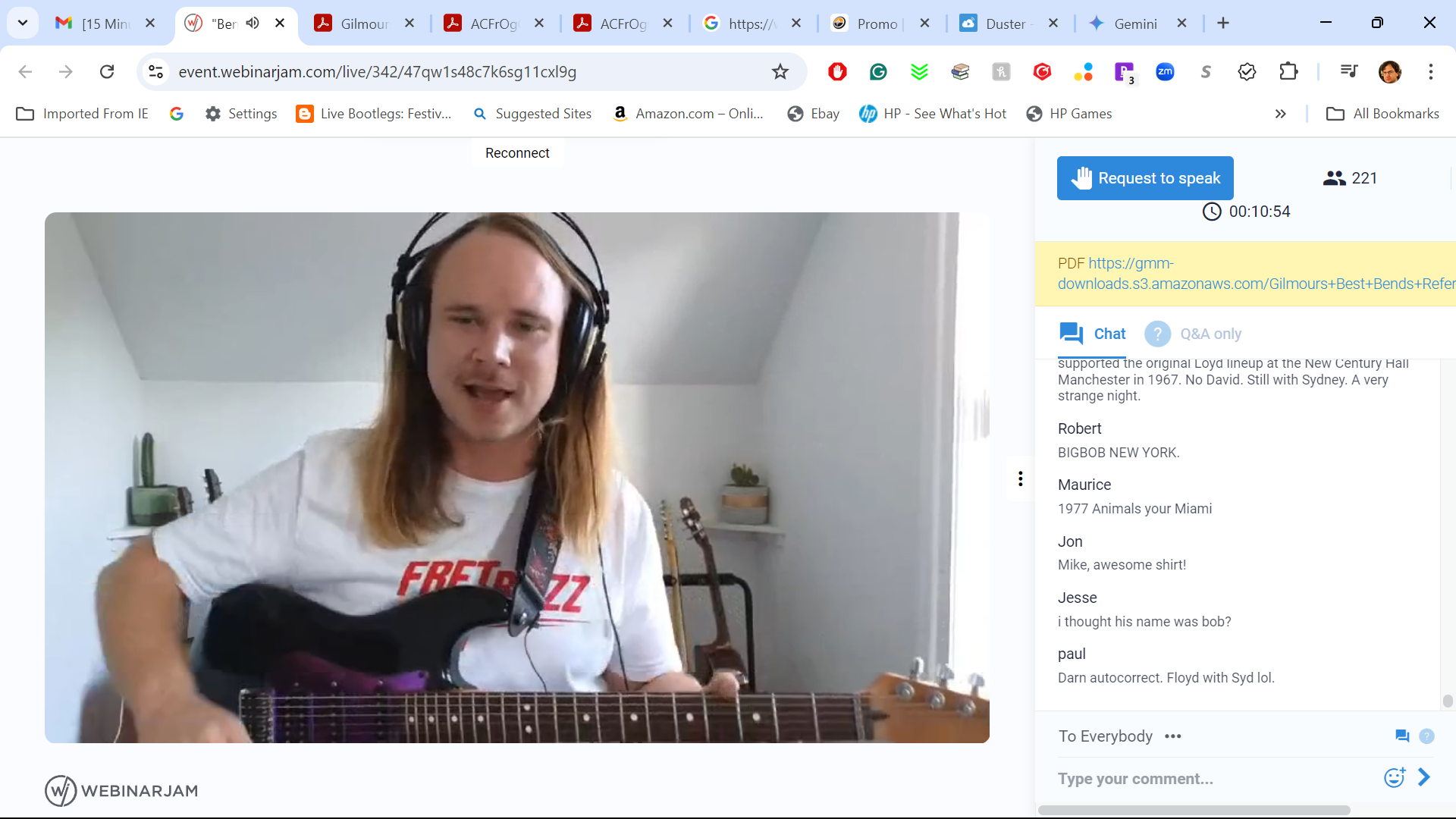

good stuff here. even for old dogs like me.
All good advice. I would add one other thing to consider… try learning songs you may not like or enjoy. The experience may give you new insight on the songs you do enjoy.
I totally agree with Mike
Then I’m gonna start a new “life” in practice
I’ve always loved to play in a band and often argued with members that didn’t know the song by memory and always had to read their parts on a papere sheet, specially the singer
No 2: Is there any (GMM member) access to videos on the GPR method? I haven’t found any on a quick scan: but then I am a bear of little brain
Hi Leon. Try Guitar Mastery 101, or Master The Fretboard Workshop
Thanks, all awesome tips
Thanks Mike! My setlist is one song for now! It is chords and the song is The Dance by Garth Brooks. The sheet music says 67, however that doesn’t match my Karaoke Song I’ve been singing for several years. I’m trying to determine the timing & rhythm to match recorded song.
Those are great tips. I already use a few of them, but didn’t really think about what I was doing. Now I can focus more on the ones I use and add the other ones. Thanks.
Love these tips. They are reinforcing what I already know but bringing me back into line.
What guitar strumming is good to sing with. Thank u
Thanks for these tips, I need the encouragement you have given. Thanks.
Garry.
Excellent advice as always. Really do enjoy your understanding of the psychology of guitar playing as well as the playing.
Julian Gold, London, UK
Great solid tips Mike. I’ve noticed your lessons contain high value information, but what makes them good is that you don’t ramble on like a lot of online guitar teachers feel like they have to do for some god awful reason. We are all busy with life and have to squeeze in the guitar when we can. You cut to the chase and reinforce important lessons it took many of us years to realize, and remind us of the ones we should be doing but avoid due to laziness! Eddie Haddad is also good at this style of quick yet helpful lesson.
great advice ! & Thank you guys & gals for the pointers. I’m sure it will make an impact on my guitar.!👍
thanks Mike! I already do some of these. I have an instructor, but he says memorizing isn’t important. learn to play the song slowly and perfect and speed up, and eventually you will memorize the song. I tend to memorize, then try and work the kinks out.
you certainly give a lot to think about.
100% on the money if you follow these tips, you will be a well-rounded guitar player.
lessons are a must, or just sit and spin your wheels.
GMM is the one place you can get good advice and lessons from real guitarists with real experience.
scale shapes charlie teaches in the book are different from the ones you are showing please explain?
Mike thanks for the tips. I already use some of what you suggested in this article and will try doing those that I don’t currently do.
Thanks Mike, Keep up the good work
Charlie, Thanks for everything you have given me Access to, I greatly appreciate your generosity sharing your knowledge w me ! You rock dude
Hello Mike, you were my instructor at a couple of GMM courses! I enjoyed your work then, and I found this article to be outstanding – simple but practical. Keep up the great work – we appreciate it!
Eldon (London CA)
great tips and I know they work. my playing has really improved over time and subsequently motivated me to play/practice even more. it’s much easier to be disciplined when you’re enjoying yourself.
Thanks Mike. Useful tips. I need to come up with a set list, and that should improve my playing rapidly.
Mike you are the man. These are all great ideas that I will continue to focus on. Thanks.
Great tips Mike. They really make sense.
very good points to remember Mike, I am happy to see steady improvement in my guitar playing, thanks to all of you at GMM!
been trying to learn for 50 years but I instantly wind up noodling when taking lessons. I’ll try to follow these tips and stay on track,but I doubt it. GMM you tube has been excellent.